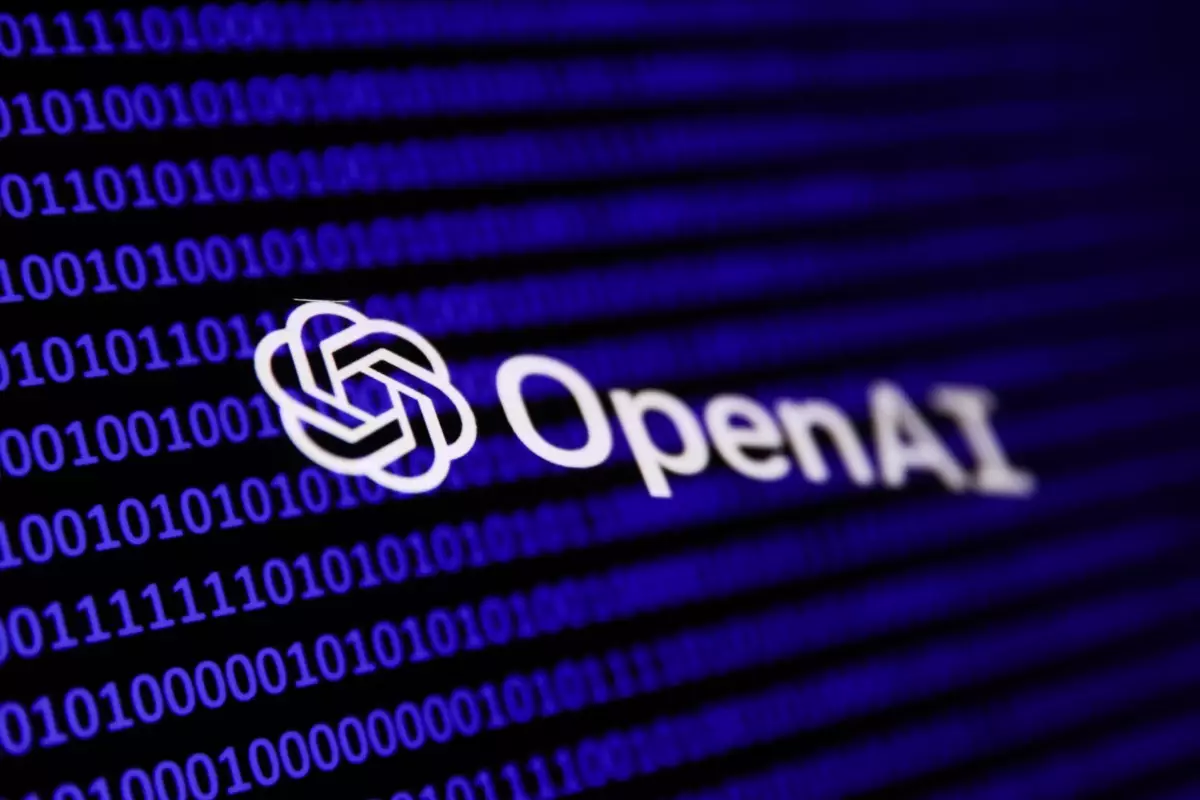The unexpected death of Suchir Balaji, a former employee of OpenAI, has sent ripples across the tech community, awakening profound conversations surrounding mental health, ethics in artificial intelligence, and the responsibilities of tech giants. Found in his San Francisco apartment on November 26, 2023, the 26-year-old AI researcher was determined by the San Francisco Office of the Chief Medical Examiner to have died by suicide. This tragic incident symbolizes deep-seated issues within the fast-evolving AI landscape that require urgent attention.
Balaji’s passing provides an grim highlight to the intense pressures that accompany careers in revolutionary fields like artificial intelligence. Just a day prior to his death, Balaji was mentioned in a copyright lawsuit aimed at OpenAI, raising questions about the treatment of intellectual property in generative AI—a topic he had openly critiqued during his tenure at the company. The San Francisco Police Department reported that a wellness check was called to his apartment, and while no foul play was evident, his death has raised alarms regarding the broader mental health implications faced by employees in high-stakes tech environments.
During his near four-year tenure at OpenAI, Balaji emerged as a crucial voice regarding ethical practices and the ramifications of generative AI technologies. Before his departure, he became increasingly vocal about his belief that OpenAI’s use of copyrighted material raised significant legal and ethical concerns. His assertion that generative AI products could encroach upon fair use principles reflected a fundamental apprehension within the AI research community about how new technologies might infringe on existing creative works.
In a poignant October interview with The New York Times, Balaji articulated this fear, stating that he believed many AI products could potentially harm the very fabric of the internet. Such sentiments aren’t isolated; they resonate with a growing trepidation among tech professionals centered around the ethical quandaries presented by AI innovations. Balaji’s conclusions underscore the urgent discussions needed around accountability, transparency, and ethical standards in the development and deployment of advanced technologies.
The issues raised by Balaji sit squarely within a larger conversation about the direction of artificial intelligence and its implications on society. OpenAI, alongside its partner Microsoft, finds itself embroiled in a multitude of lawsuits related to copyright infringement—litigations that call into question not just the legality, but the ethics of generative AI practices as a whole. This industry-wide scrutiny is indicative of a tense relationship between tech companies and traditional media, a standoff that raises existential questions about the value of intellectual property in an age defined by rapid technological advancement.
The societal implications of Balaji’s suicide serve to highlight the critical intersection of mental health and workplace culture, especially in environments driven by innovation and competition. With numerous former colleagues reflecting on his contributions and the shared loss felt throughout the AI landscape, there is a pressing need to foster a work culture that prioritizes not only the technological advancements but also the well-being of employees.
In the aftermath of Balaji’s tragic passing, a call to action has emerged. Tech companies, particularly those in the AI sphere, must take urgent steps to create a culture that supports mental health, encourages dialogue on ethical practices, and promotes a healthy work-life balance. The pressure to innovate can lead to burnout, especially when employees are grappling with serious ethical dilemmas and intense public scrutiny.
Additionally, the events surrounding Balaji indicate the necessity for clearer guidelines around the utilization of copyrighted materials in AI training processes. It’s essential for organizations to collaborate with legal experts, ethicists, and creative professionals to establish frameworks that are both innovative and respectful of intellectual property. In doing so, the tech industry can begin to rebuild trust with consumers and creators alike, paving the way for responsible advancements in AI technologies.
Suchir Balaji’s contributions to the field of artificial intelligence will not be forgotten, and his concerns regarding copyright and ethical usage of data resonate deeply in today’s tech landscape. His death calls for introspection and action—highlighting the need for systemic changes within tech organizations that prioritize mental health and ethical responsibility. As the industry grapples with the implications of generative AI, Balaji’s legacy will serve as a reminder of the human element that must never be overshadowed by technological ambition.

